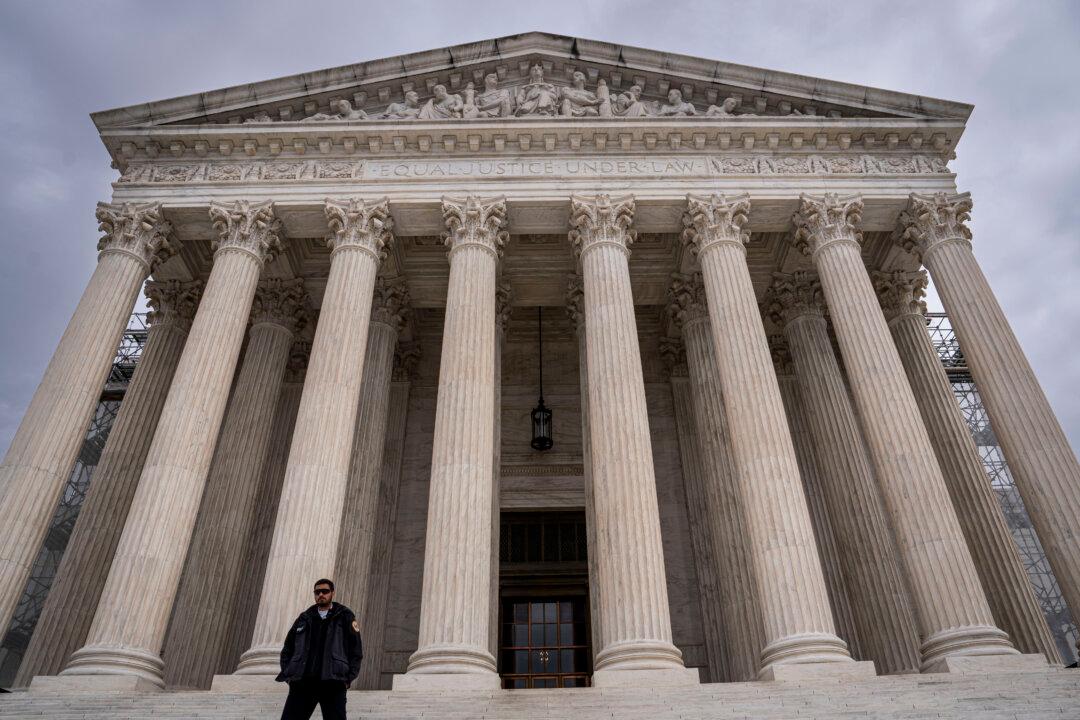The Supreme Court considered during a hearing whether a judge or a jury gets to decide whether criminal defendants’ prior convictions justify enhanced sentencing under a federal three-strikes gun law.
The court heard oral arguments on March 27 in Erlinger v. United States.





